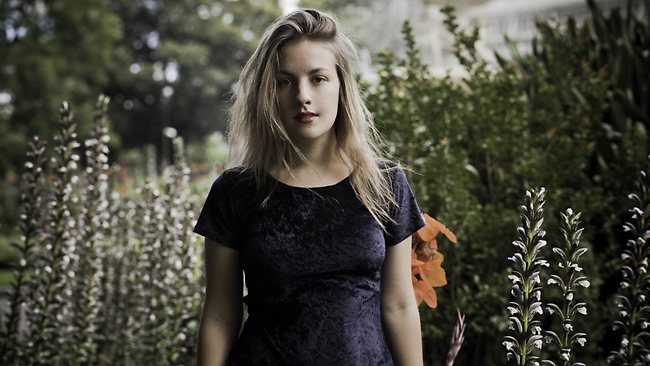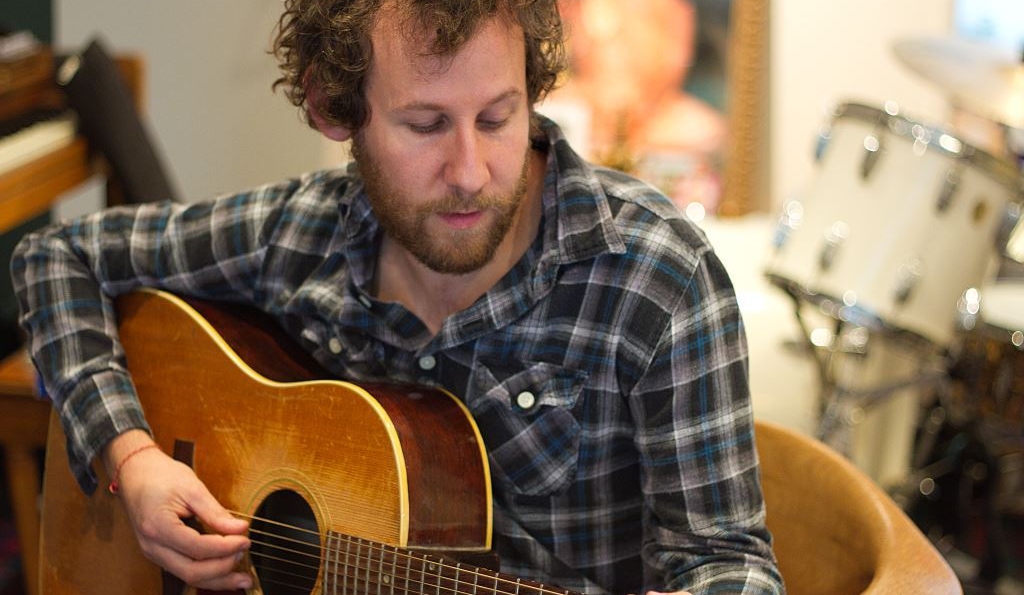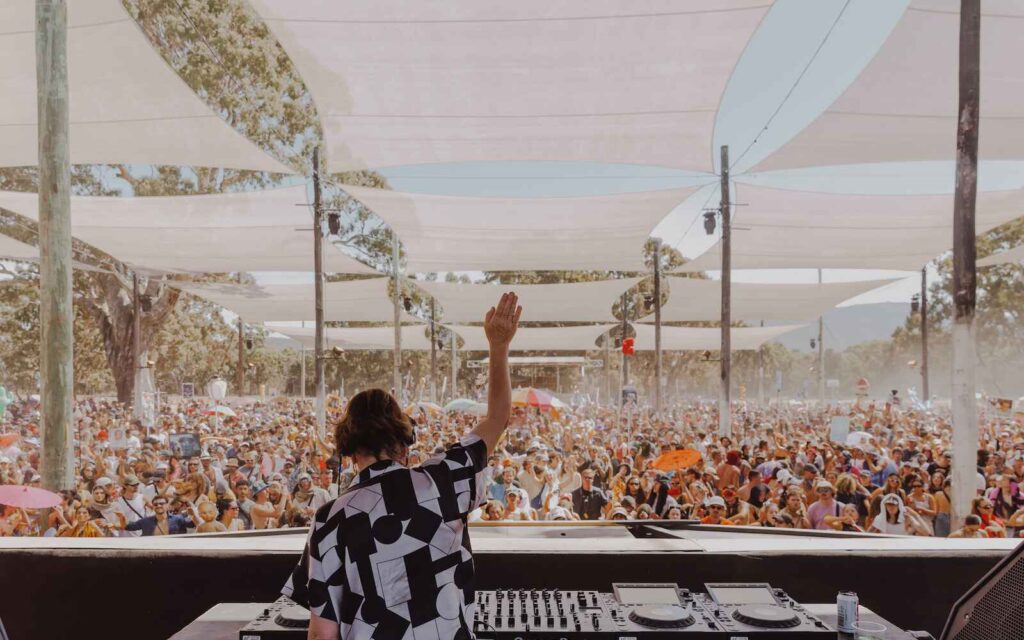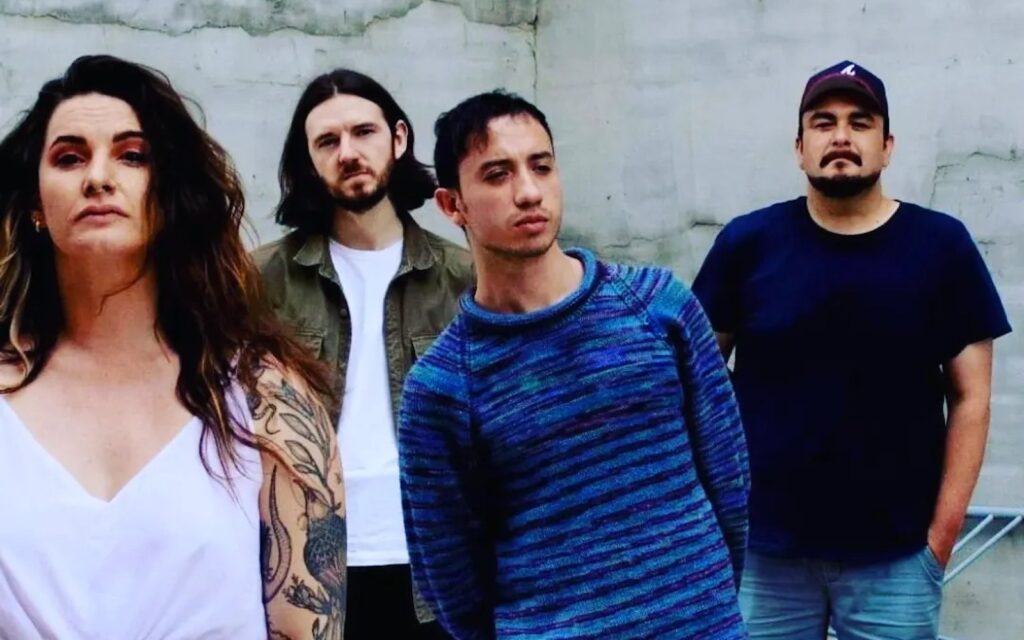It’s clearly worth it though. “I’ve been busy getting these songs up to scratch for the tour,” she explains. “I really want to do a good job – partly because it is so expensive, but also because music as a whole is a joy. It’s time consuming, but I love it.”
Russack’s love of music has been abiding, especially given that her first recording was when she was eight. “I don’t think I ever really knew that I’d be a musician,” she ponders. “It just happened naturally. I was lucky because my parents were hugely encouraging of endeavours outside of school. I was doing piano, guitar and dancing lessons – sport. It’s just that music stuck.”
And stick it did. Russack became an internet sensation in her teens, performing brooding Neil Young and Joy Division covers, a genre which she self-deprecatingly describes as “sad-core”. Later, she adopted the pseudonym Lola Flash. Eventually, she rejected the moniker on the basis that it was inconsistent with her ethos, namely to release music which is “upfront and honest”.
Perhaps perversely, Russack enjoys the sensation of being laid bare in her music. “There’s a certain part of me that gains strength from feeling exposed,” she reflects. “It’s good for me – it’s like therapy. I know it can be a polarising thing. Some people love it, some hate it. I love honesty in music though – it has a little genre all of its own. Lucinda Williams and Joni Mitchell do it. You feel their pain and there is pleasure for the listener in that.”
Can you be too honest though? For instance, one of the album’s tracks, Two Lovers, considers the emotional fall out from juggling men – a process which appears to have done her head in. However, according to Russack, it’s not as salacious as it sounds. “Well, it’s not about a ménage à trois, although some people think that it is,” she confides. “My friends and family know me. They know I’m a bit of a jokester. I did have two boyfriends at one stage though. One person did contact me recently and told me to be careful, but I don’t name names. I’m fairly discrete and at the end of the day, they’re songs.”
Russack has limits though and some of the songs are so personal that they cause her pain. “Sometimes I’m embarrassed listening to my songs,” she says. “For example, London Town – I can’t listen to that song and I won’t perform it live in any of my sets on the tour. That’s the song where I expose myself the most. Recently, the person who I wrote that about said they didn’t know that I felt that way. I was a brat, but I was also treated poorly. The fact that I allowed it to happen, well, I would never do that again. I’d never put myself in that position again.”
The album deals with some fairly weighty topics, mostly relationships and mostly in the past-tense. “Yeah, I tend to write about relationships,” Russack sighs. “I’m trying to change that though.” That said, the album’s tone is more reflective than sad. “I’m less inclined these days to write when I’m really emotional,” Russack explains. “I’m better at handling my emotions these days and I’ve become a happier person because of that. This album was a stepping stone in the process.” Just like the album title suggests, Russack has changed.
BY MEG CRAWFORD







